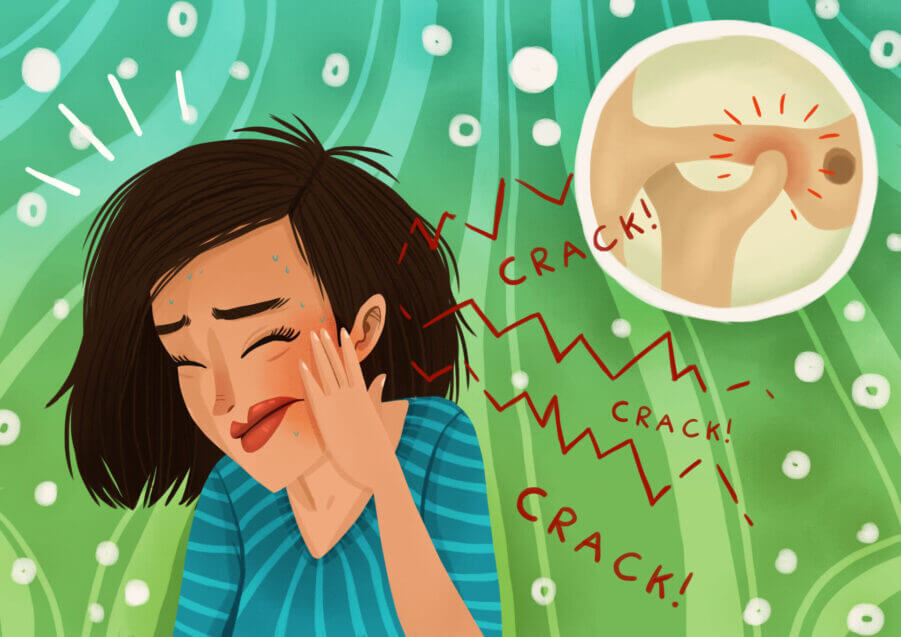
At Peak Dentistry, we understand that experiencing jaw pain can be both uncomfortable and concerning. However, not all jaw pain is the same. Understanding the differences between mild jaw pain and TMD (Temporomandibular Joint Disorder) is essential for proper diagnosis and treatment. Let’s explore these two conditions to help you distinguish between the two.
Mild Jaw Pain
Mild jaw pain is relatively common and can occur due to various factors, such as:
Infrequent Teeth Grinding: Occasionally clenching or grinding your teeth, often during sleep or times of stress, can lead to jaw pain and discomfort.
Dental Issues: Dental problems like a cavity, abscess, or misaligned teeth can cause referred pain in the jaw area.
Muscle Strain: Overusing the jaw muscles, such as excessive chewing or biting into hard foods, can strain the jaw and cause discomfort.
Sinus Problems: Sinus infections or congestion can lead to referred pain in the jaw and facial region.
Mild jaw pain typically resolves on its own or with conservative treatments like rest, warm compresses, over-the-counter pain relievers, and stress management techniques. However, if the pain persists or worsens, a dental evaluation is necessary to rule out other underlying issues.
TMD (Temporomandibular Joint Disorder)
TMJ Disorder is a more complex condition that affects the temporomandibular joint, which connects the jawbone to the skull. It can cause a range of symptoms, including:
Persistent Jaw Pain: TMJ-related pain is often more severe and chronic than mild jaw pain, and it may radiate to the face, neck, and even shoulders.
Jaw Clicking or Popping: Individuals with TMJ disorder may experience clicking, popping, or grating sensations when opening or closing their mouths.
Restricted Jaw Movement: TMD can lead to limited jaw mobility, making it difficult to open the mouth fully.
Lockjaw: In some cases, the jaw may temporarily get stuck in an open or closed position.
Ear Pain and Ringing: TMD pain can affect the ears, causing discomfort and ringing sensations.
TMD can be caused by factors such as jaw misalignment, arthritis, chronic teeth clenching or grinding, or jaw injury. Proper diagnosis by a dental professional is essential. At Peak Dentistry, our TMJ treatment may include lifestyle changes, stress management, acupuncture, Botox injections, jaw exercises, oral appliances, or in severe cases, surgical intervention.
If you or a loved one experience jaw pain, our Clyde dental team is here to help. We will conduct a thorough examination, review your medical history, and determine the best course of action to relieve your pain and restore your oral health. Contact us today!
Contact UsImage from Authority Dental under CC 2.0




